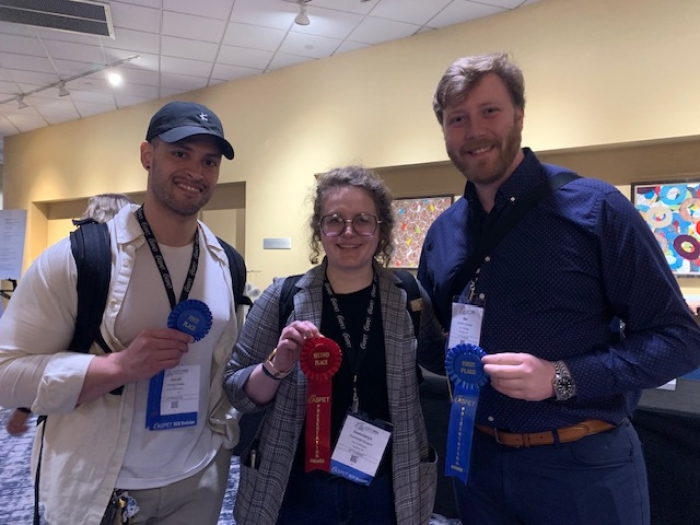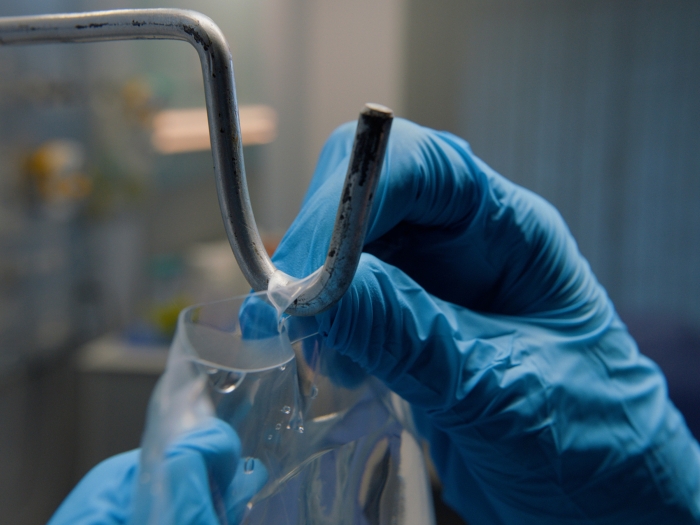Showing 1-15 of 435 results

Health Lab
When white blood cells, meant to protect the body from infection, are overly activated, they eject their DNA into nets, further disrupting the immune system and making patients more likely to develop a potentially severe reaction to immunotherapy.

Department News
Wenhui Wei (former graduate student in the Smrcka Lab) recently had a publication come out in AHA Journals.

Department News
Gisselle Sanchez, Ph.D. (former Ph.D. student in the Smrcka and Jutkiewicz Labs) recently had publication come out in ASPET Molecular Pharmacology.

Health Lab
On YouTube, the content recommended to kids isn’t always age appropriate, a Michigan Medicine study finds.

Health Lab
Researchers uncovered nine elements that have significant effects on a whether a patient may develop pneumonia, with nearly 20% of patients moving into a higher risk category based on what occurred during or following the surgery.

Department News
2024 ASPET Meeting Awards: Congratulations, Jacob, Gwen, and Ben!

Department News
Congratulations to Liz Jaeckel on successfully defending her dissertation

Department News
Congratulations to Dr. Paul Jenkins on his promotion to Associate Professor with Tenure!

Department News
Congratulations to Dr. Greg Tall on his promotion to Full Professor with Tenure!

Department News
Dr. Colin Greineder is promoted to Associate Professor with tenure in Emergency Medicine and to Associate Professor without tenure in Pharmacology.

Medical School News
Nearly 200 Medical School faculty members earned promotions in the 2024 cycle. Their new appointments were approved May 16 by the U-M Board of regents and take effect Sept. 1, 2024.

Health Lab
A team of researchers have spent the past eight years looking at better ways to transport organs for donation, specifically hearts, to improve the number of organs that can be used for transplants. They found that using a modified normothermic perfusion system heart preservation was feasible for up to 24 hours.

Department News
Mike Holinstat, Ph.D., recently co-authored an article, "An age-progressive platelet differentiation path from hematopoietic stem cells causes exacerbated thrombosis", that was posted in CELL.

Health Lab
In emergency rooms and intensive care units across the country, clinicians make split-second decisions about which antibiotics to give a patient when a life threatening infection is suspected. Now, a study reveals that these decisions may have unintended consequences for patient outcomes.